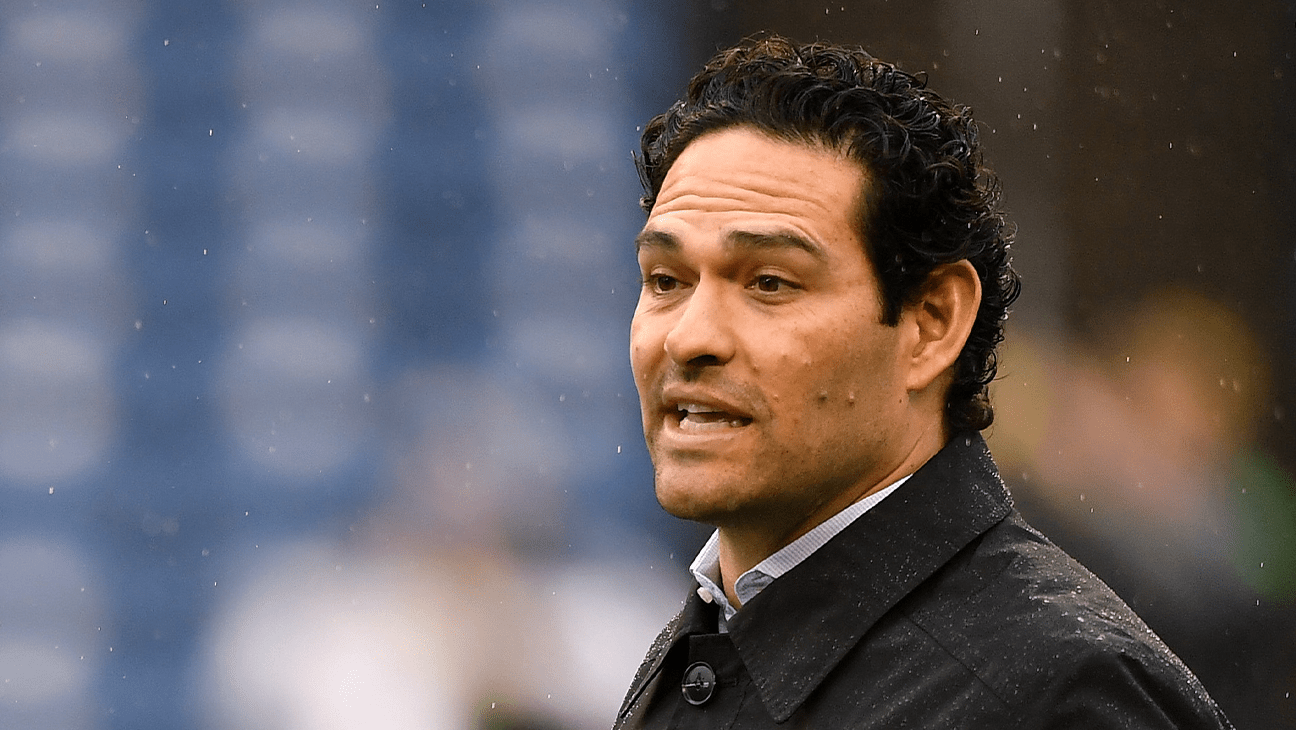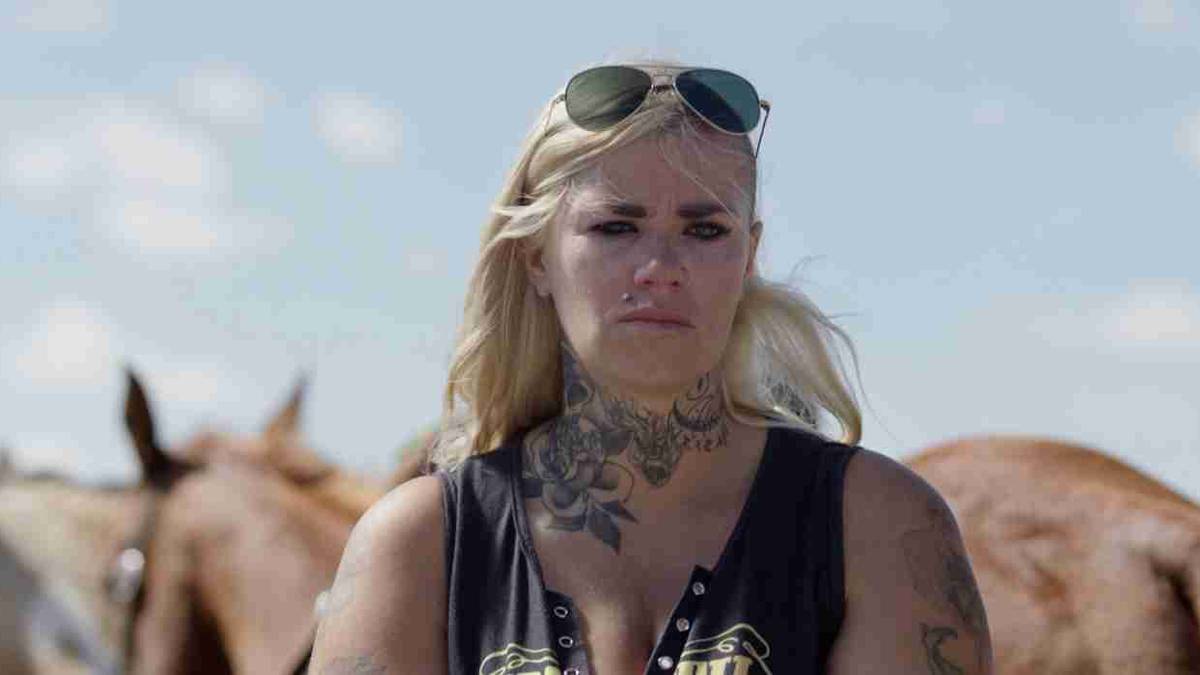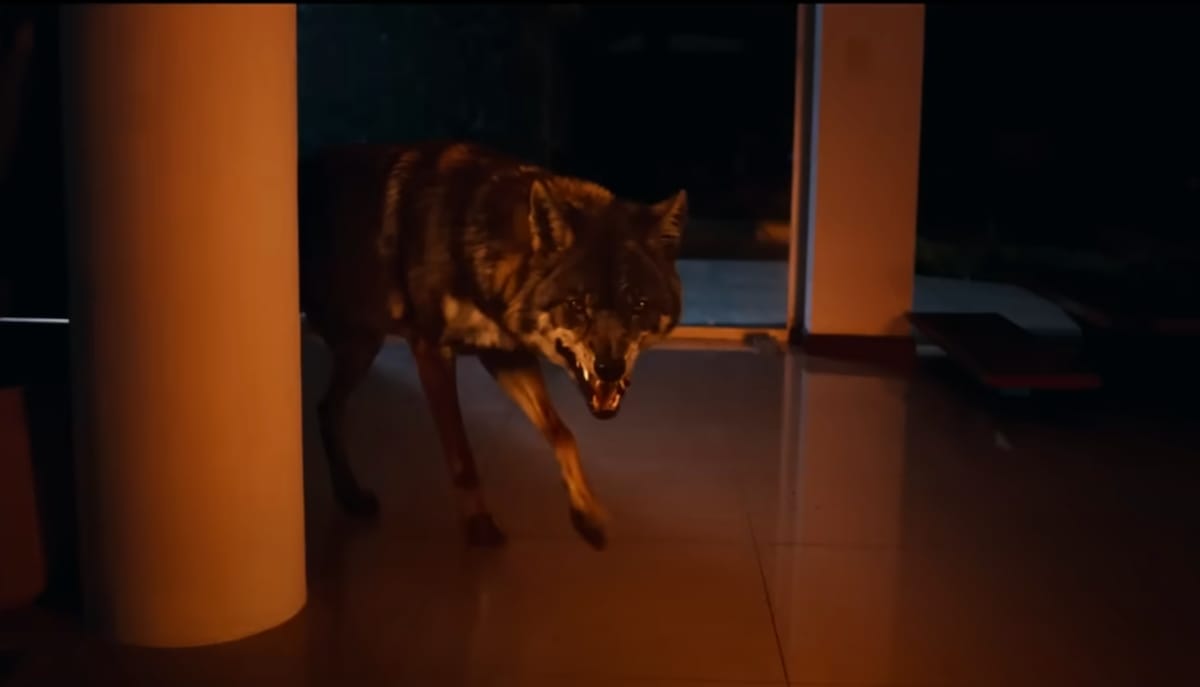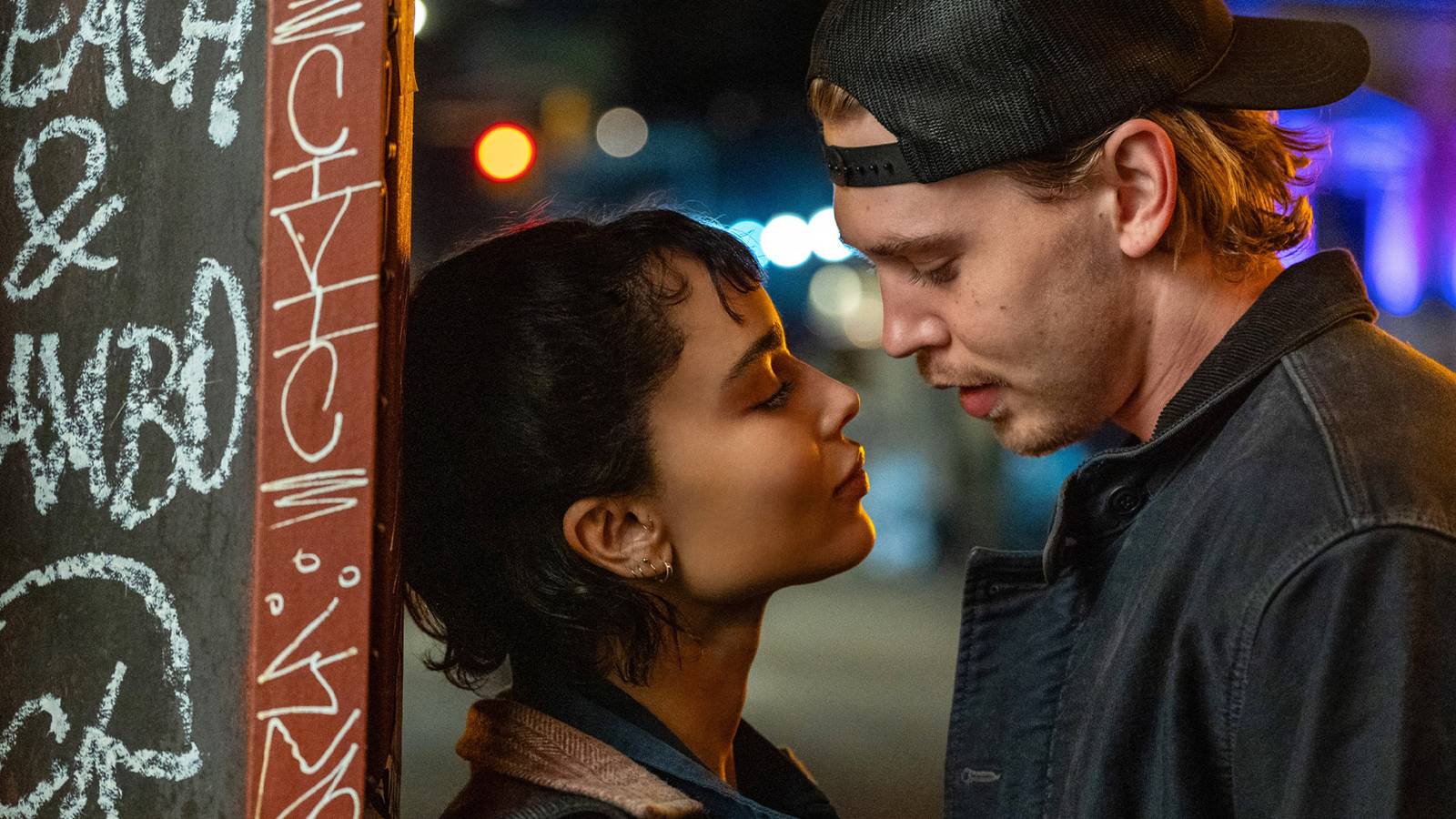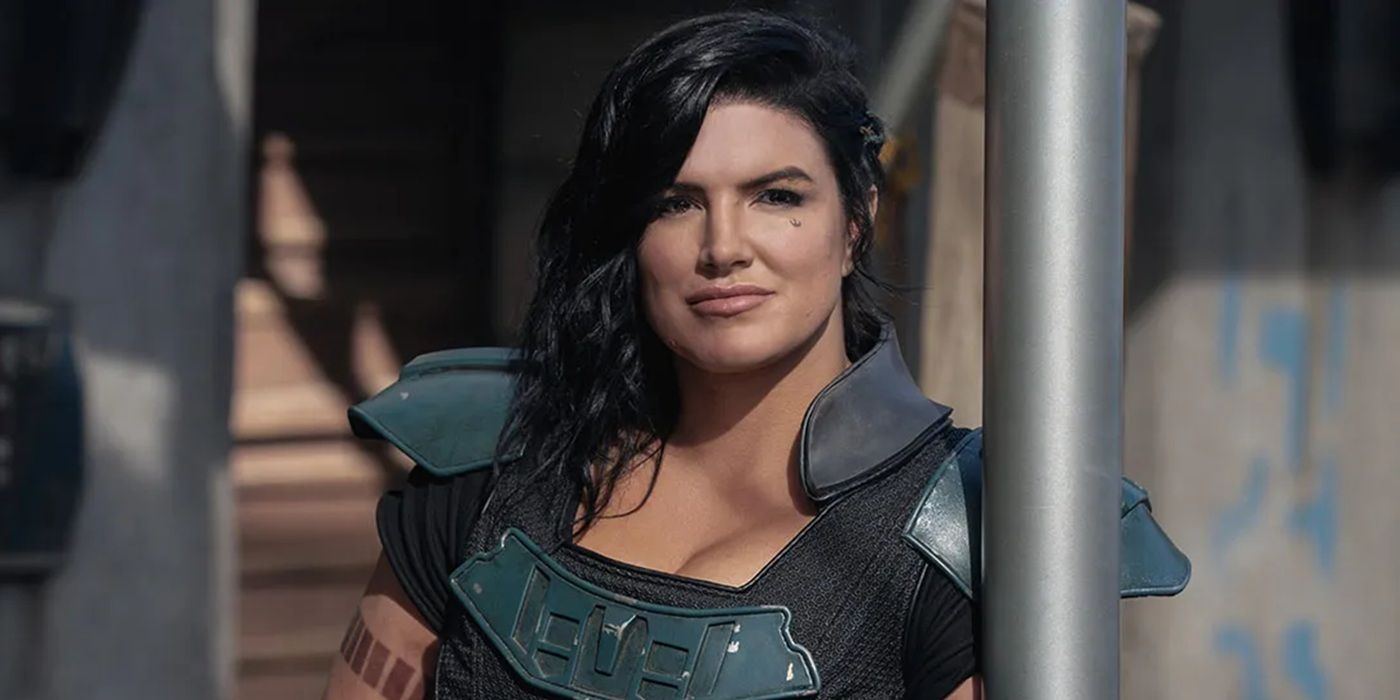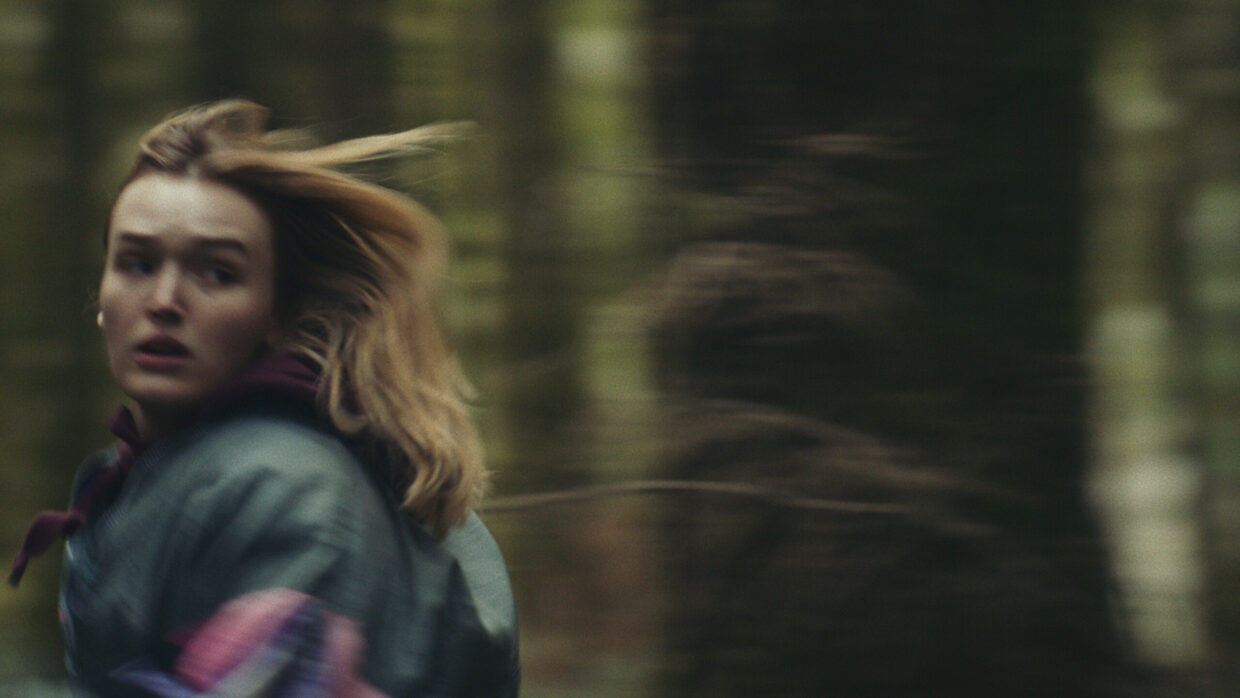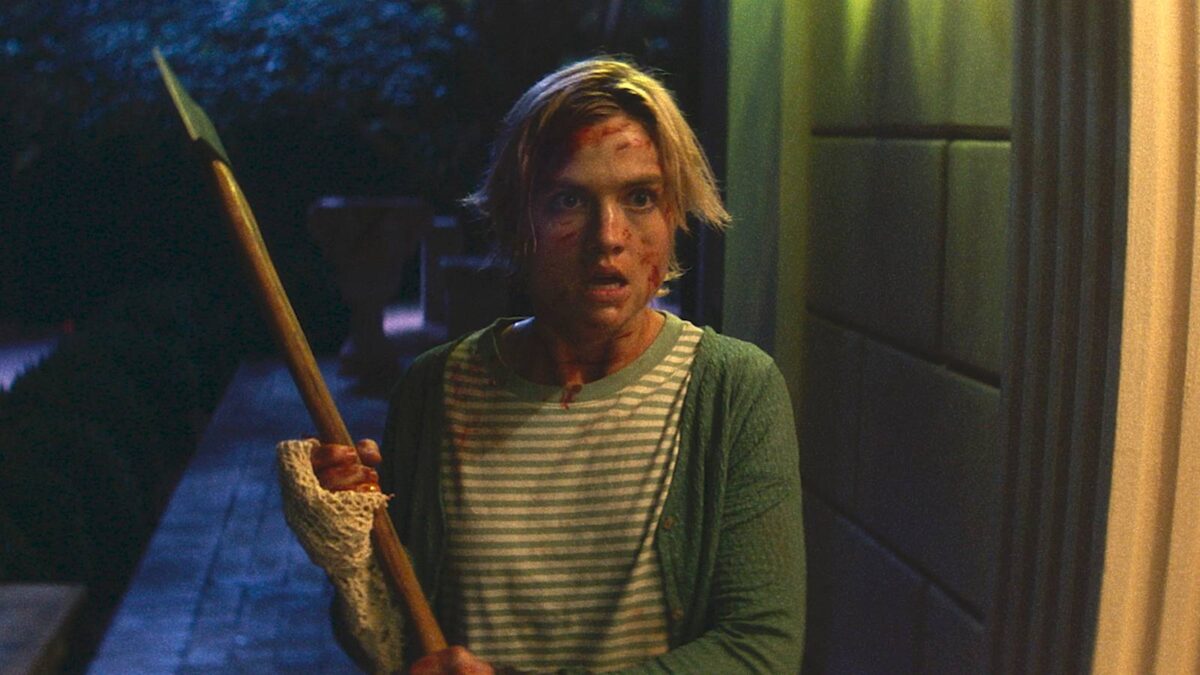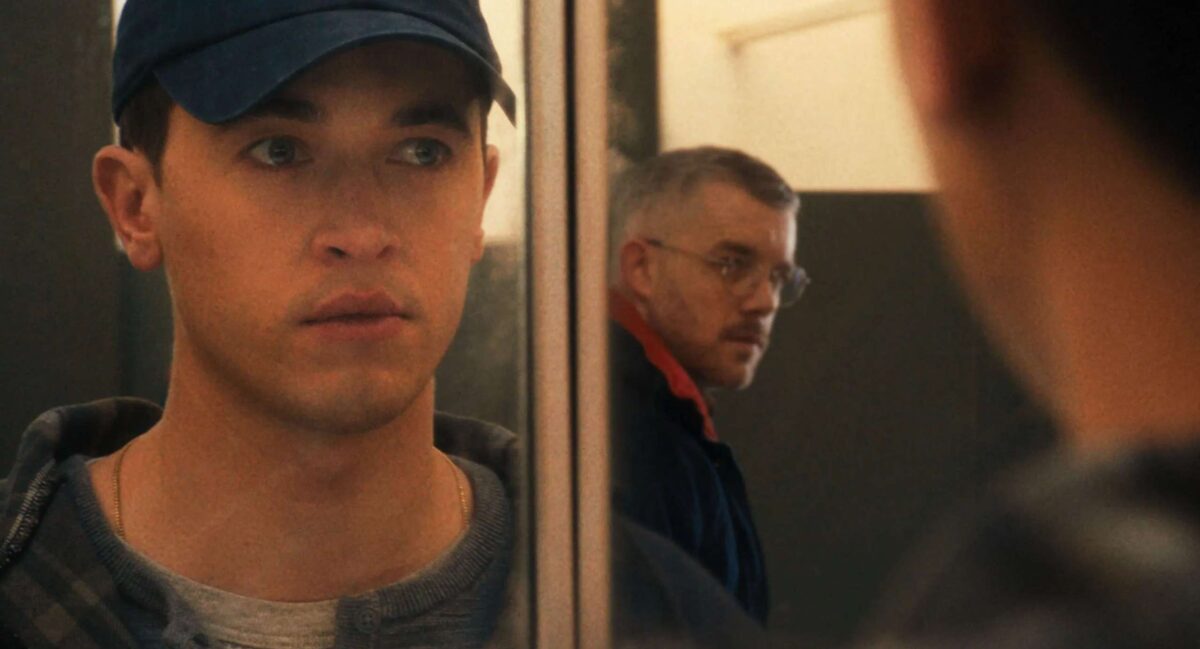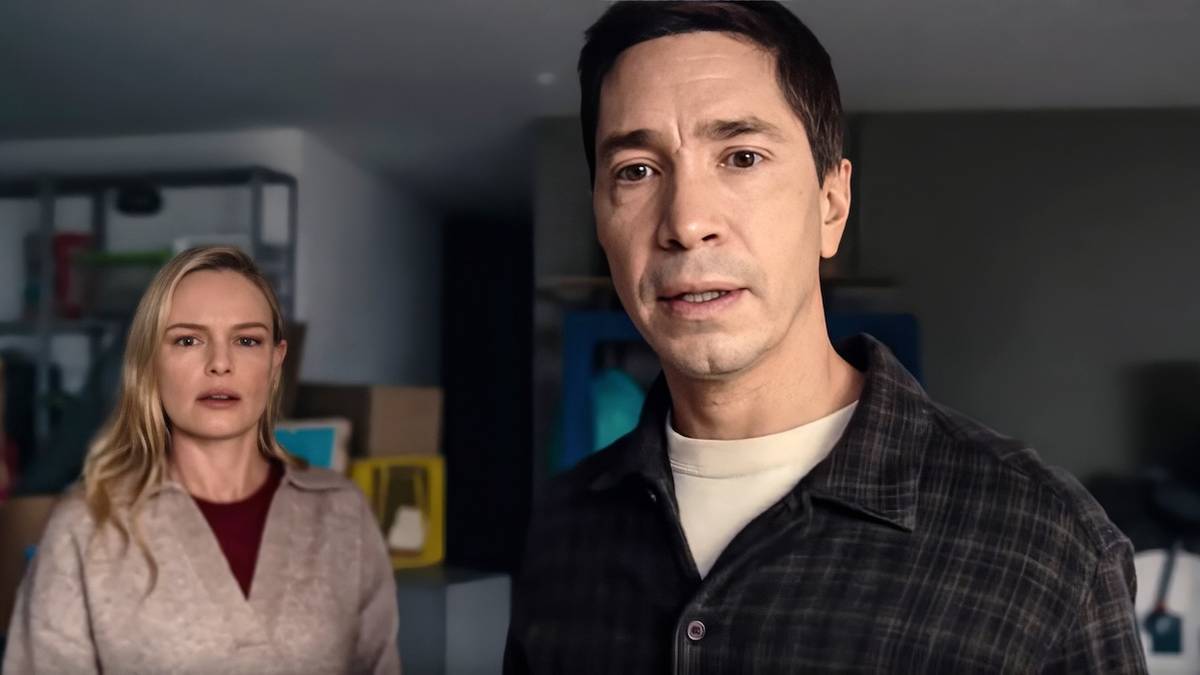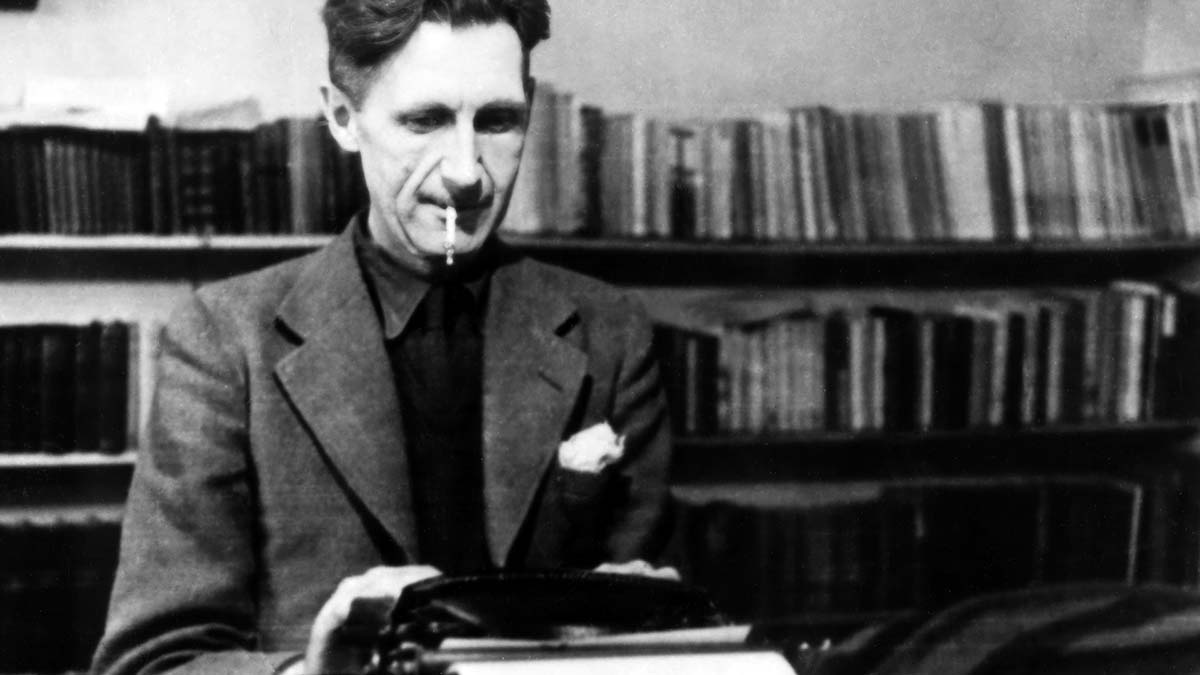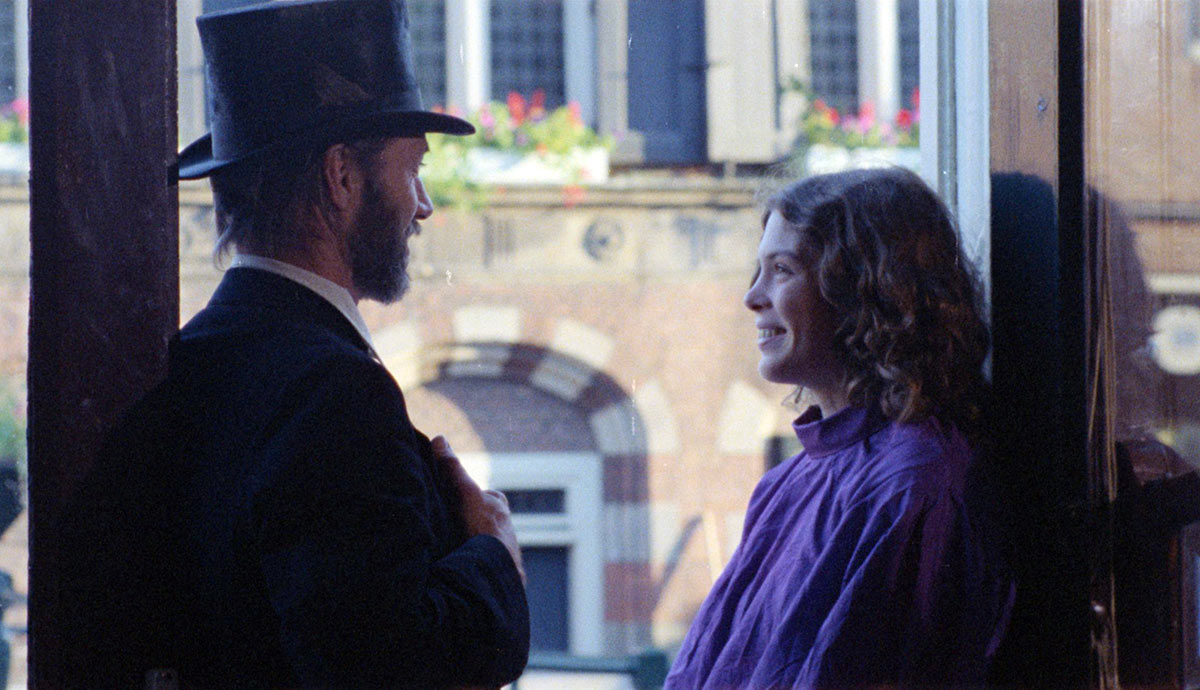
David Carradine Doc Finds A Novel Way To Explore A Complicated Father & Daughter Relationship [Venice]
Sep 11, 2025
A novel approach to what could’ve been a more traditional hagiographic bio-doc, Joe Beshenkovsky and James A. Smith’s “Mata Hari” uses the lens of an unfinished film to explore the complicated relationship between a father and a daughter. When “Kung Fu” star David Carradine set about making his second feature-length film as a director — a biography of the notorious early 20th century exotic dancer/spy Mata Hari — he also used it as a means of connecting with his until-then estranged daughter Calista.
The plan was to film for a few weeks every year over the course of decades, tracking Mata Hari’s life in real time while also forging a bond between Carradine and his daughter. Yet Carradine’s drug-induced lifestyle, money problems, and Calista’s increasingly turbulent romantic life threw the already chaotic production off, leaving the film unfinished. Beshenkovsky and Smith resurrect much of the footage in their documentary, drawing parallels between the on-screen story and the Carradines’ increasingly complicated relationship.
READ MORE: 2025 Venice Film Festival Preview: 23 Must-See Films To Watch
Almost simultaneously, the directors also track the contours of David Carradine’s personal and professional life. Though most might know him as the titular Bill in Tarantino’s “Kill Bill” duology, his varied career spanned a number of fascinating films and, eventually, a string of B-movies that he took on as financial issues piled up. But by splitting its focus between David and Calista, the film avoids many of the pitfalls that follow other documentaries of this kind.
Instead, Beshenkovsky and Smith seem particularly interested in the fluid boundaries between the “Mata Hari” shoot and David and Calista’s relationship. Here, they find fertile ground to explore how David essentially wrote their lives into the script for the film, including Calista’s romantic partners, many of whom occurred while she was just a child. We are shown interviews with John Blythe Barrymore and Patrick Culliton, two actors in the film who eventually took up with Calista, complicating the dynamics in the shoot.
The scenes that we do see from “Mata Hari” are particularly wild in how Carradine essentially stages the shoot as a type of art-imitating-life. Calista has an affair with an older headmaster at a boarding school, for example, and Carradine writes in a scene where Mata Hari does the same. While the two directors never linger on a single event or scene too much, it’s equally fascinating and repulsive the way that Carradine mines Calista’s life for inspiration. He seems to genuinely care about his daughter but is also fully incapable of actually parenting her, treating her as an adult when she’s really just a child.
Would this have ever actually worked as a film? From the scenes that are actually shown, one has doubts. The shoot was haphazard, often working without a script or any real sense of what they were trying to accomplish in a given year. Carradine paid for almost everything out of pocket, writing checks without little regard for a budget. “Boyhood,” this was not.
But, one gets the feeling that Carradine did care for his daughter and perhaps could only communicate with her through this artistic endeavor. As Calista notes at one point, the yearly shoots were a way of keeping her and her father on track. The fact that the shoot eventually fell apart just as Carradine’s personal and professional life was doing the same is all the more tragic because it also meant a rupture in Calista and David’s relationship. Without the yearly shoots acting as a structured schedule, the two drifted apart.
Support independent movie journalism to keep it alive. Sign up for The Playlist Newsletter. All the content you want and, oh, right, it’s free.
Yet the film is clear-eyed in Carradine’s faults while also being sympathetic to the ways he did try to parent Calista, even if most of those were failures. An outtake from the shoot where Patrick tells David that he’s going to marry Calista is fascinating in the ways that he seems genuinely invested in her happiness, while also coming across more as a friend to Patrick than a possible father-in-law.
David Carradine had a truly eclectic career. His post ”Kung Fu” output suggested an actor who had all the potential to be a truly great actor. A short portion of the film concerns his turn as Woody Guthrie in Hal Ashby’s underrated “Bound for Glory,” but he also succumbed to drugs, alcohol addiction, and multiple affairs that left his career skirting against obscurity. Similarly, Calista’s career as an actress never took off, as “Mata Hari’ languished for years. Here, the film sometimes overcommits to its structural approach, unwilling to move beyond the film’s shoot to track their later careers.
When we jump into the present to see Calista — who had only been previously heard in voice-over — it’s a jarring switch that is never given enough time to develop. While the actual ending is near pitch-perfect in how it bridges “Mata Hari” and Calista’s life now, one wishes that we could be given more insight into David and Calista’s relationship after the shoot fell apart. Nevertheless, “Mata Hari” finds a truly unconventional way into what, on the surface, could’ve been a conventional documentary. [B+]
Follow along with all our coverage of the 2025 Venice Film Festival.
Publisher: Source link
Erotic Horror Is Long On Innuendo, Short On Climax As It Fails To Deliver On A Promising Premise
Picture this: you splurge on a stunning estate on AirBnB for a romantic weekend with your long-time partner, only for another couple to show up having done the same, on a different app. With the hosts not responding to messages…
Oct 8, 2025
Desire, Duty, and Deception Collide
Carmen Emmi’s Plainclothes is an evocative, bruising romantic thriller that takes place in the shadowy underbelly of 1990s New York, where personal identity collides with institutional control. More than just a story about police work, the film is a taut…
Oct 8, 2025
Real-Life Couple Justin Long and Kate Bosworth Have Tons of Fun in a Creature Feature That Plays It Too Safe
In 2022, Justin Long and Kate Bosworth teamed up for the horror comedy House of Darkness. A year later, the actors got married and are now parents, so it's fun to see them working together again for another outing in…
Oct 6, 2025
Raoul Peck’s Everything Bagel Documentary Puts Too Much In the Author’s Mouth [TIFF]
Everyone has their own George Orwell and tends to think everyone else gets him wrong. As such, making a sprawling quasi-biographical documentary like “Orwell: 2+2=5” is a brave effort bound to exasperate people across the political spectrum. Even so, Raoul…
Oct 6, 2025
